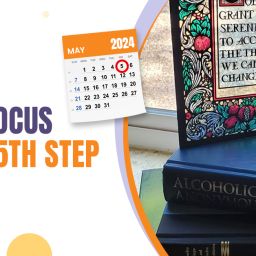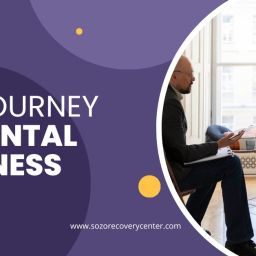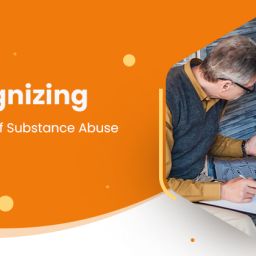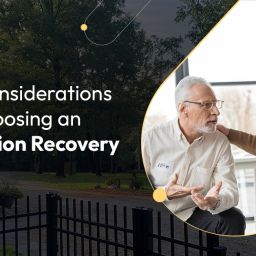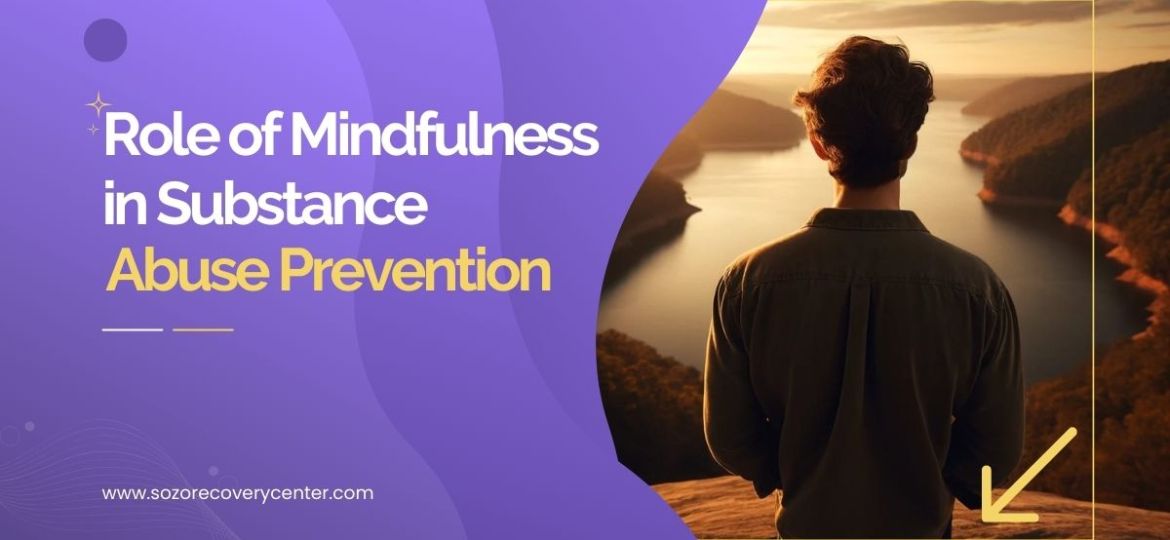
In a world full of distractions, stress seems to be a constant companion for every individual. In order to overcome this, people start relying on substances like alcohol and drugs. No doubt, these lead to physical, social, and emotional health problems, creating complex issues over time.
Does any of your loved ones undergo a substance abuse disorder? All you need to do is convince him to opt for mindfulness practices. These have emerged as a powerful tool for addressing the underlying causes of addiction and ensuring long-term recovery.
What is Mindfulness?
Mindfulness is a state of mind characterized by present-moment awareness and non-judgmental attention to your thoughts, emotions, sensations, and surroundings. It is a practice involving a direct focus on the present moment that helps gain a deeper understanding of yourself without getting distracted.
Usually, there are many different techniques to practice mindfulness. A few of them involve:
- Body Scan Meditation
- Mindful Eating
- Mindful Movement
- Mindfulness-Based Stress Reduction
- Mindfulness-Based Relapse Prevention
How Can Mindfulness Help in Substance Abuse Treatment?
Let’s take a deeper look into this write-up to understand how mindfulness serves as a potent tool in substance abuse prevention.
- Emotional Regulation: Do you know what triggers substance abuse the most? It is the inability to handle negative emotions such as stress, anxiety, and depression. With the proper mindfulness practices mentioned above, an individual can learn to accept and control their emotions without reacting impulsively. They develop emotional regulation skills and navigate challenging situations without relying on any such substances.
- Increased Self-awareness: Mindfulness encourages individuals to get a detailed insight into their thoughts, emotions, and behavioral patterns. This self-awareness is required to recognize the early signs of substance cravings and work on them from the initial stage. Individuals can make the right choices instead of following any bad habits and easily recover from that situation by tuning into their internal experiences.
- Stress Reduction: Stress is common but chronic stress can be a significant risk for substance abuse. It is when people turn to drugs and alcohol, as they believe these substances are the only way to reduce stress levels.
Experts have proven that mindfulness practices can reduce these stress levels by activating the body’s relaxation response and promoting a sense of calmness. Incorporating them into your daily routine can resist the formation of stress, reducing the likelihood of depending on substances.
- Enhanced Decision-making: Since the practice works on the mind of an individual, it can cultivate cognitive flexibility and clarity of mind. This again allows them to make proper decisions that align with their long-term goals and values.
Undoubtedly, this works well in situations where peer pressure leads to substance abuse. A proper mindfulness practice lets individuals think and respond thoughtfully instead of coming up with negative emotions.
Embracing Mindfulness: A Path to Overcoming Substance DependenceWrapping Up
Incorporating mindfulness practices involving meditation and yoga is the best way to treat any substance abuse disorder. After all, by fostering this culture, communities can create supportive environments that promote well-being and resilience. It ultimately reduces the withdrawal symptoms and helps deal with the consequences.
SOZO’s faith-based addiction recovery programs involve all such techniques that can reduce the prevalence of substance abuse. You can participate in these to create a brighter, healthier future.




